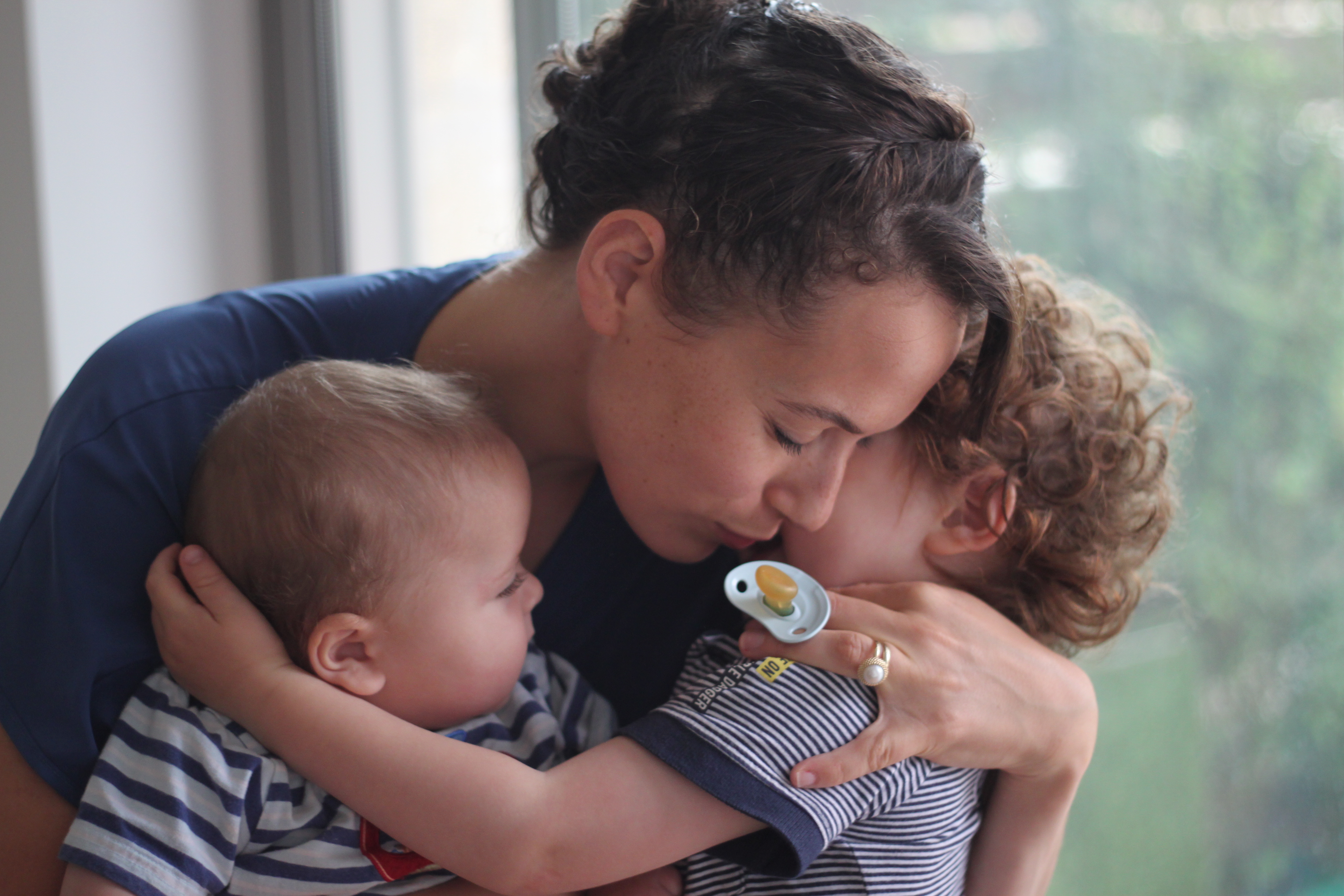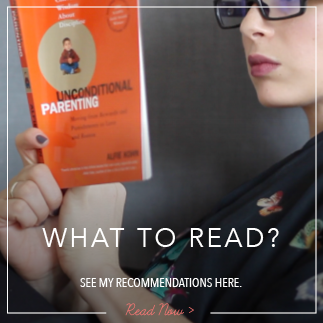Grief & How to Find the Silver Lining
When you’re grieving, it can feel absolutely impossible to find the silver lining. Have you been going through something challenging lately? (Uh… of course you have – it’s been quite the year.) If you’re feeling some level of grief around a challenge you’ve been through, such as a job loss, health crisis, or massive transition, I’m here to help you.
Watch: Grief & How to Find the Silver Lining
Whether we’re grieving the loss of the life we thought we’d be living, or our child is grieving the loss of something that seems trivial like the playdates that can’t happen, I hope this helps you figure out how to process and come out the other side seeing the silver lining.
FINISH STRONG
JOIN THE CHALLENGE
Grab your Finish Strong Guide and together we’ll process what you’ve been through this year, no matter what 2020 has brought to you or taken from you. Let’s forgive the mistakes made, heal lingering wounds, reflect on the lessons learned, and finish the year strong!
Disclaimer:
If you’ve gone through something really tough, perhaps real grief or loss, first of all, I’m so sorry. My deepest condolences. I am sending you a big virtual hug. Sometimes the grief is so big everything I say here is perhaps irrelevant. And sometimes we need real clinical help. And if that’s the case for you, then please get the professional help you need.
So just a disclaimer I’m not a psychologist or a psychiatrist and this is certainly not in lieu of any therapy.
Big or Small – Here’s How People Process The Tough Stuff
It doesn’t matter whether you’re a grown-up or a child, if the tough stuff is big losses or small trivial frustrations, if your psychology is going to follow the generally held stages of grief, then the first thing you might feel is…
Denial
Denial. Step number one. You’ll see this with adults and with a little child too.
If a child thought that they were going to get to go on a play date and then the playdate gets canceled, the first thing they’ll do is be in denial. “No! We ARE going!”
We don’t want to accept the truth.
We fight against it.
In adults, it can look like procrastinating when you don’t want to deal with what’s in front of you. Your brain tries to block it out.
It can seem too stressful or painful to deal with, which is an absolutely normal first stage.
For most people, that quickly goes into…
Anger
When a child reaches this stage, they can be really angry at us. “It’s not fair!” They could have a tantrum. They could hit or kick or scream.
As adults, we could feel angry at the universe, angry at other people, angry at our bad luck. We could feel that what happened is unfair that this shouldn’t have happened.
That’s stage two. And the next stage is…
Bargaining
Bargaining is when we think… maybe we can still figure out a way to get what we initially wanted.
Like our child says, “Well, what if we went to the playdate in half an hour? What if we did it outside? Why can’t they come here instead of us going there?” It’s this negotiation stage where we’re still trying to figure out a way to make it happen.
So for you, that might be trying to override the reality that this loss is occurring or this change is being made. That’s the time when we start to say, “but maybe there’s a way/ it’s different than I thought / I misinterpreted it!” It’s where we’re trying to get back to square one and not have to move forward with this new truth.
And then depression starts to sink in, and that’s stage number four.
Depression
Depression is when we just start to feel down about it. That’s when our kid just kind of gives up and they slump on the floor and they start crying.
For us, we could slip into actual depression and we might just feel like giving up. We feel helplessness settle in. Like we just can’t do anything about it. It’s so sad. It’s so awful. And it just feels terrible. It’s completely paralyzing to be in that place. And if you’re in this place, please seek clinical help for that.
If it’s a natural grief cycle it will often pass naturally, maybe with a little help from our friends, with support, love, talking with someone, and eventually we start to accept the new reality.
Acceptance
We can learn a lot about acceptance from our kids. Now, I know we’re talking something trivial here, but when kids lose their playdate, they’ll cry and they’ll be sad, but eventually, they’ll move on. They’ll go play or they’ll figure out something else to do with their time. They’re don’t get stuck there forever which is very important to notice.
The Stages of Grief Apply to Everyone and Everything
Those are the stages of grief. And as you can see they can apply to losing a human that we love – It could be the most dramatic and tragic sense of grief. Or, it could be that trivial day-to-day loss, change of plans, frustration, or rotation that we have to go through.
But What Comes After Acceptance?
That’s the question that I have for you today – what comes after acceptance? Think about this past year, to the things that have come up for you.
Maybe you went through the stages of grief about certain lock-downs or about school systems or about job situations, or about a health crisis.
So what happens after you’ve processed the loss, and begin to accept it?
Some people just stay with the feeling of “Something bad happened. There is nothing good to say about it. Something bad happened.”
And there are certainly situations in life where it seems like it’s only tragedy. Like it’s only loss. Like it’s only grief. And the best we can hope for is to come to a place of acceptance, certainly.
But there are people who go through the most horrific types of tragic losses and they actually move past the stage of acceptance into a sixth stage.
The Silver Lining Stage
The silver lining stage is where we take the terrible tragedies that we’ve been through, or our losses or our grievances, and we start to use them.
We start to find the gifts, the blessings, the ways that this can serve us moving forward.
- Is there anything in it for me?
- Can I make lemonade out of lemons?
- Is there something I can find in it that might serve me or others as I move forward on my journey?
- What are the silver linings here?
We Can Alchemize Our Experiences
And you’ll see this in people who, for example, survive abuse. Sometimes they are able to go through those stages of grief, take that experience and alchemize it into the service of others.
They become more empathetic, have insight, have knowledge, and can design ways of helping others who have been in that situation. They use their story to empower or strengthen themselves.
How to Help Children Find the Silver Linings
If you want to coach your children with this, assume that they too will need to go through certain stages to process their grief. When they’re frustrated, when they’ve lost something, when they’re challenged, they’ll need to go through the cycles of getting out all of those feelings of denial, anger, bargaining, depression, and acceptance.
But eventually, with your help, they might be able to see how this might be a situation that actually opens up a different door for them.
Children can learn how to notice:
- How does this ending offer me some kind of alternative opportunity?
- As terrible and awful as this is, what can I learn from it?
- What can I take with me?
- How can this make me into a better person, into more of the person that I want to be?
Grief & Finding Silver Linings – Join the Conversation!
Join us on our Finish Strong Challenge where we are going to talk a lot about this type of thing – of feeling strong, feeling capable, taking the difficult things that we’re going through and making them into something that propels us forward, helps us find meaning and purpose, and that we are able to handle without getting deeply traumatized or without staying stuck.








0 comments